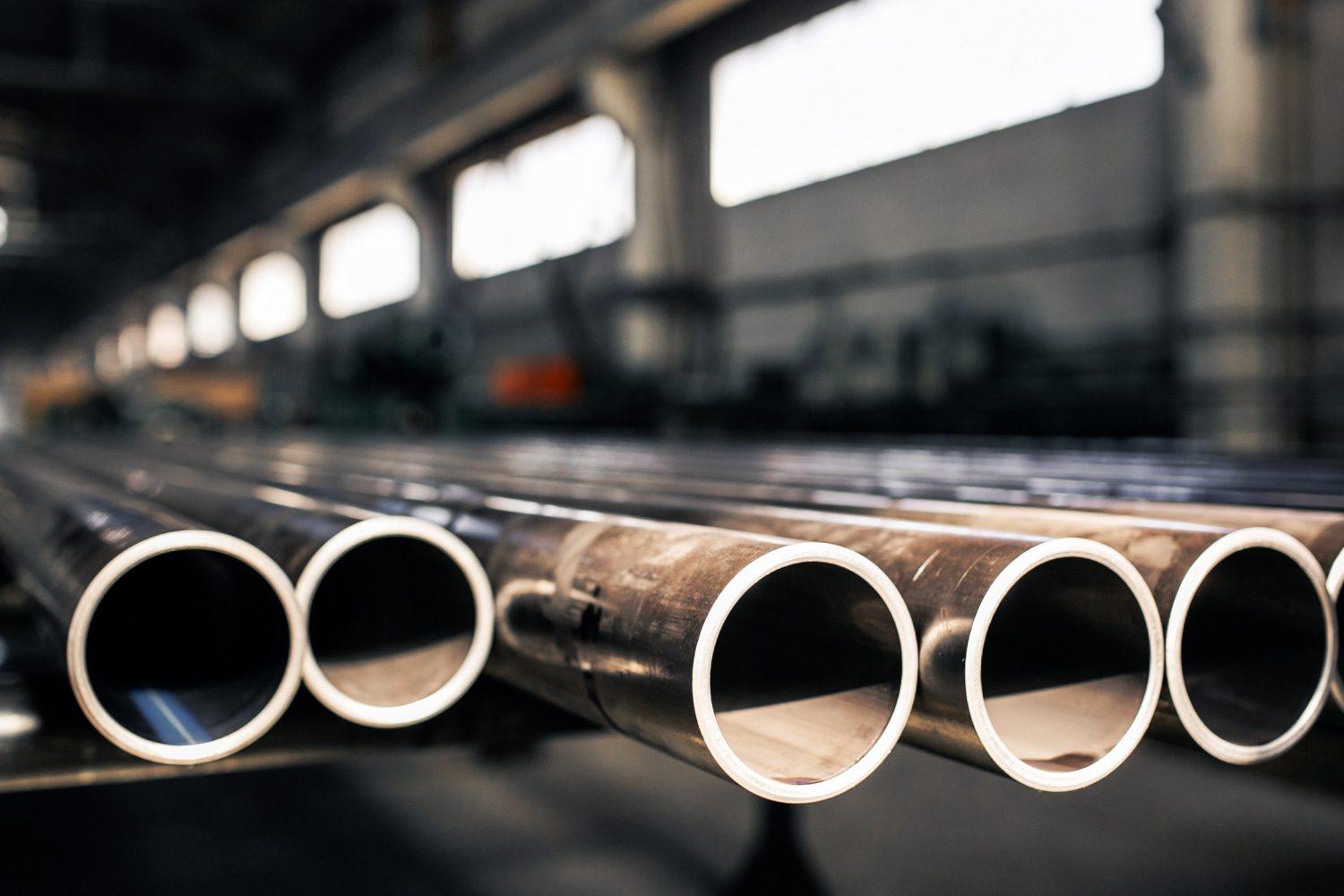800-764-7473
Local 208-324-2142

In the domain of Oil and Gas operations, the selection of pipeline materials stands as a critical determinant of success. Vital to this process are the expertise and guidance provided by industrial pipe suppliers. These professionals offer invaluable insights into the array of materials available, each with its own set of advantages and considerations. From carbon steel’s affordability to stainless steel’s corrosion resistance and the complexities of steel, the options are vast. Understanding the nuances of material selection is essential for ensuring the efficiency, durability, and cost-effectiveness of pipeline installations in the Oil and Gas sector.
In the world of Oil and Gas applications, industrial pipe suppliers often recommend a variety of materials based on specific needs, including steel, stainless steel, alloy steel, and non-metallic options. Carbon steel stands out for its affordability and prevalence, yet it demands additional protective measures against corrosion. On the other hand, stainless steel offers superior resistance to corrosion, accommodating higher pressures and temperatures, albeit at a higher cost and with more challenging welding requirements. Alloy steel, blending carbon steel with other enhancing elements, improves both mechanical and chemical resilience but comes with increased manufacturing complexity and expense. Meanwhile, non-metallic materials such as plastics, composites, and ceramics are lauded for their exceptional corrosion resistance and lightness, though they fall short in terms of strength, longevity, and thermal resistance. Industrial pipe suppliers must balance these factors to meet the demanding requirements of the Oil and Gas industry.
Selecting the optimal pipeline material for Oil and Gas projects involves thorough consideration of several essential factors to ensure efficiency, durability, and cost-effectiveness. Industrial pipe suppliers emphasize the importance of evaluating the fluid’s characteristics—type, composition, temperature, pressure, and flow rate—to ensure material compatibility and optimal performance. Environmental conditions such as soil, water, air, and climate are crucial for assessing potential corrosion, thermal expansion, and wear. The physical attributes of the pipeline, including length, diameter, wall thickness, and layout, significantly impact its construction and operational capabilities, influencing choices related to availability, ease of welding, and overall weight. Maintenance demands, influenced by the pipeline’s resilience, ease of access, and defect risks, dictate long-term management strategies. Additionally, adherence to stringent legal and technical standards for safety, quality, and environmental preservation is a critical criterion. Industrial pipe suppliers must navigate these considerations to guide clients toward the best material selection for their specific Oil and Gas applications.
Optimizing the selection of pipeline materials for Oil and Gas projects demands a strategic approach. Begin by meticulously analyzing your project’s requirements, goals, and limitations to establish clear selection criteria. Engaging in a comprehensive comparison of the advantages and disadvantages of various materials against these benchmarks allows for a balanced assessment of their performance, associated risks, and cost implications. Collaboration with industrial pipe suppliers, alongside consultation with seasoned experts, suppliers, and contractors, offers critical insights and competitive pricing options. It’s equally important to draw lessons from the industry, examining best practices and outcomes from analogous projects to avoid past pitfalls and replicate successes. Implementing tests and validations through simulations, experimental setups, and rigorous inspections confirms the chosen material’s compatibility, efficiency, and quality standards. Adhering to these guidelines ensures a well-informed, cost-effective, and high-performing pipeline material selection tailored to the specific demands of your Oil and Gas application.
Elevate your Oil and Gas operations with Bison Pipe’s top-quality steel pipes, designed to withstand the most demanding environments. As leading industrial pipe suppliers, we specialize in delivering unparalleled durability, reliability, and performance. If you require steel pipes, we got you covered. Partner with us to access expert guidance and a vast selection of steel pipes tailored to your project’s needs. Take the first step towards success by choosing Bison Pipe as your trusted partner in pipeline solutions.